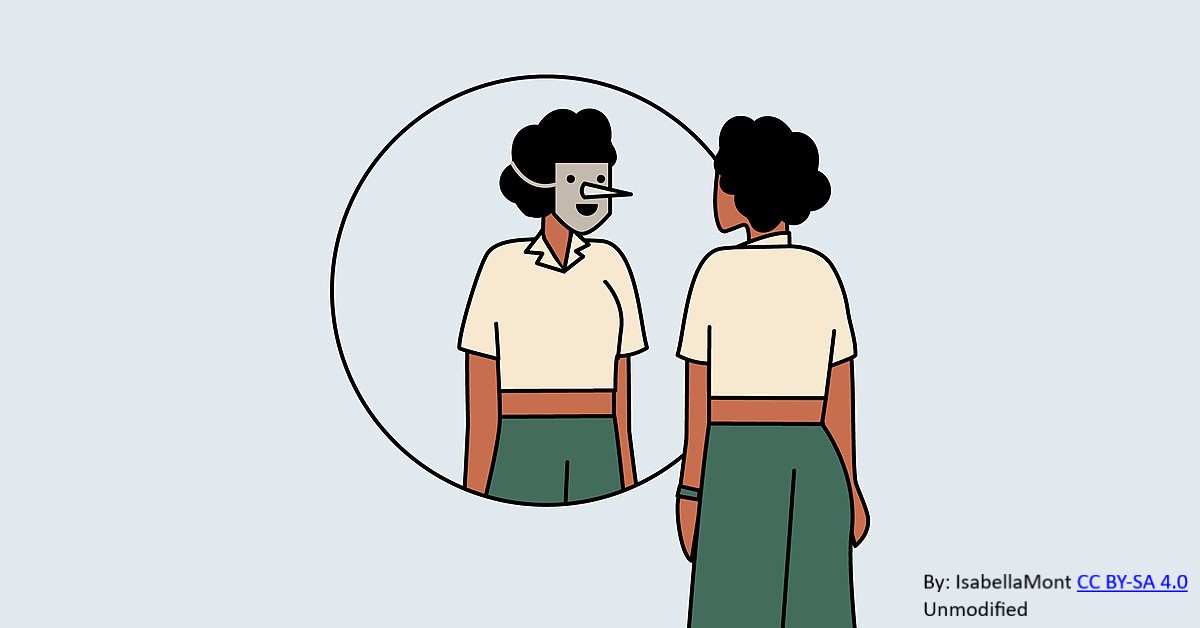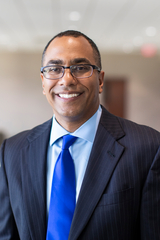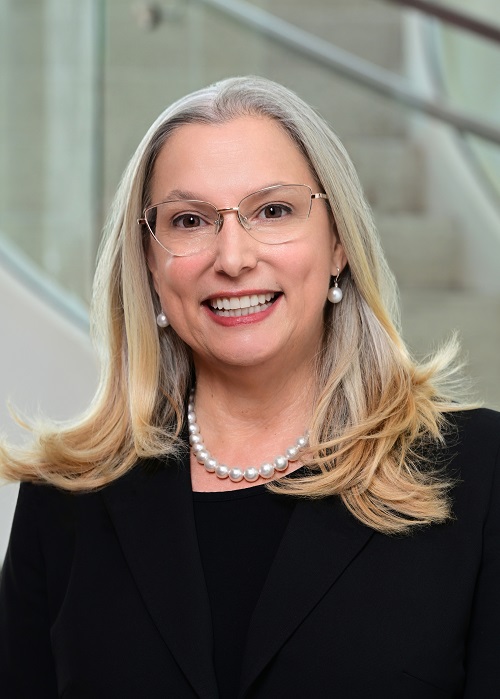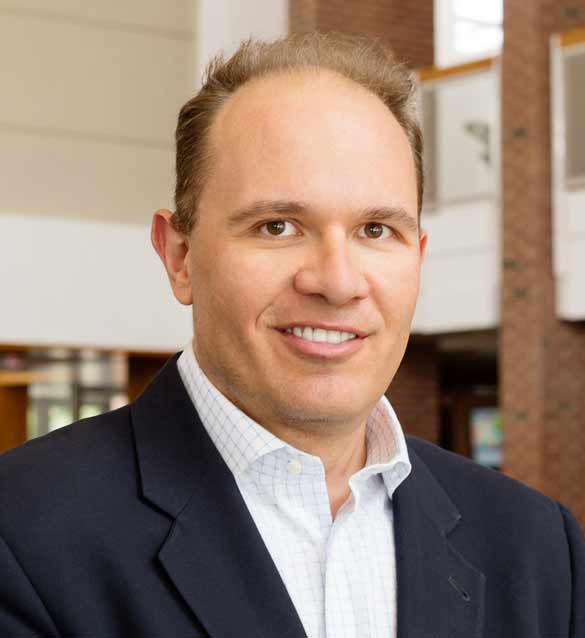By: Karen Gross, Founder & CEO of Citizen Discourse
“We cannot create justice without getting close to places where injustices prevail….We have to get proximate.” – Bryan Stevenson
Esteemed innocence attorney and justice warrior, Bryan Stevenson, is known for making the case for what he calls, “getting proximate.” Around the time I first watched him speak, I had the privilege of bearing witness to a transformative restorative circle facilitated for victims of hate, an initiative of the Austin Hate Crimes Taskforce. This was my first restorative circle and I was amazed by what I witnessed. In a short period of time, a diverse collection of people connected on a deep level due to the thoughtfulness that went into the curation of the conversation. And the proximity.
***
Our brains are amazing. We are literally wired for human connection. And all it takes is the slightest interaction: a moment of eye contact, the touch of a hand, the sound of a voice. Humanizing interactions causes the brain’s limbic system to release dopamine and oxytocin. These neurotransmitters accelerate bonding and trust.
Research conducted by David DeSteno, a social psychologist at Northeastern University, shows that brief social interactions increase feelings of empathy and compassion. And a study published in Social Cognitive and Affective Neuroscience in 2017 titled, “The Effect of a Single Session of Intense Emotion on Implicit Empathy in Healthy Participants,” found that simply looking into someone’s eyes for a few seconds increases activity in the prefrontal cortex – the area of the brain associated with empathy.
In light of this, it seems that getting proximate is an expedient and powerful opportunity for our students to develop their social and emotional skills and even expand their cultural competence. When students have regular and meaningful interactions with their peers or clients (in clinics or pro bono work) from cultures, geographies, and backgrounds different from their own, they have the chance to develop a deeper understanding, appreciation, and respect for different perspectives. Law school offers an ideal opportunity for students to expand their perspectives by getting proximate with others.
In my next post, I will discuss the importance of creating psychological safety so these exchanges indeed foster trust and understanding.
***
Invite to Write
Reflect on a time you recently “got proximate.” Describe the circumstances, the setting, and the interaction. How did your perception shift? What contributed to your shift in perception?
Let’s connect! Email me at Karen@citizendiscourse.org.

Karen Gross is the Founder & CEO of Citizen Discourse.






